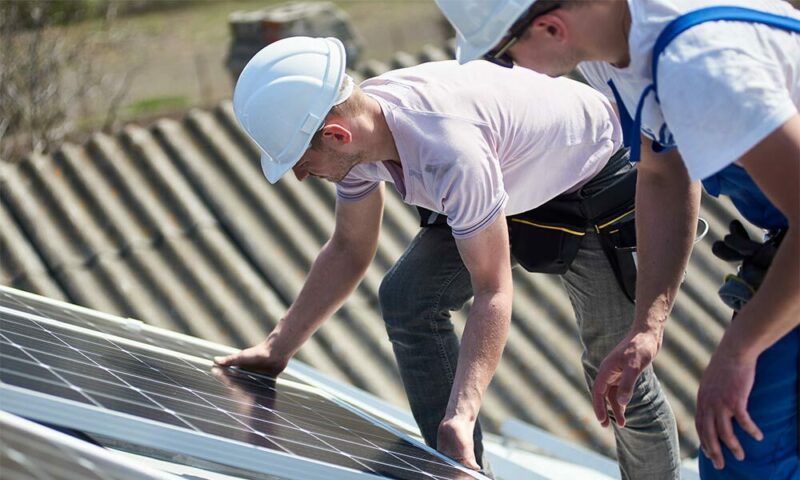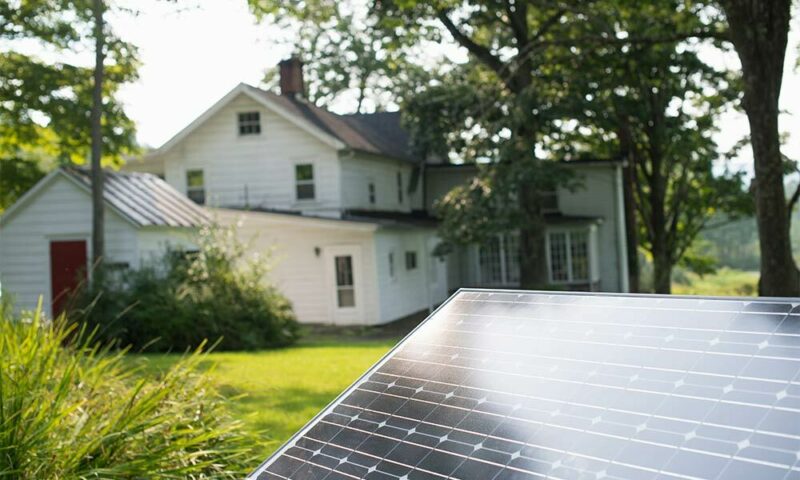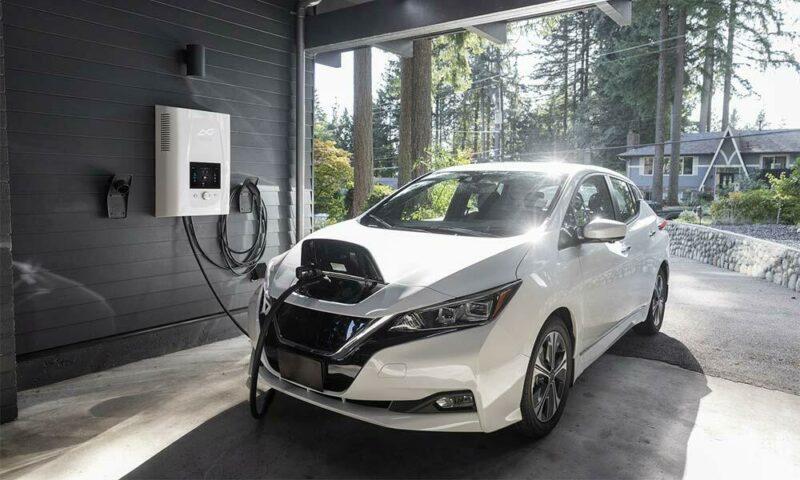Article Excerpt
The Inflation Reduction Act of 2022 provides tax breaks for homeowners who install energy-efficient systems. Learn more about how it might affect you.
The President signed the Inflation Reduction Act (IRA) of 2022 into law on August 16, 2022. As the name suggests, the intent is to help bring down levels of inflation that we haven’t seen in decades. It offers other benefits, including tax breaks for homeowners who install energy-efficient systems and other “green” technologies in their homes. Read on to learn more about the IRA and how it might affect Texas homebuyers and homeowners.
What is the Inflation Reduction Act?
The IRA was first introduced in the U.S. House of Representatives in September 2021 as the Build Back Better Act. After months of legislative maneuvering, it took its present form in the summer of 2022. The Senate passed it on August 7, followed by the House on August 12.
According to a summary of the bill, it will reduce the budget deficit by around $300 billion, which will eventually, and hopefully, help bring inflation down. It raises new tax revenue, but it also invests in healthcare, clean energy, and other areas. Some of these investments may directly benefit homebuyers and homeowners.

Photo by Jem Sanchez from Pexels
Does the Inflation Reduction Act address Housing Prices?
Unfortunately, the IRA doesn’t address rising housing costs, at least not directly or immediately. The National Association of Home Builders (NAHB) opposed the bill for this very reason. The IRA offers numerous tax breaks for homeowners who invest in energy-efficient systems for their homes.
It also addresses issues like prescription drug prices that will hopefully lead to reduced costs for homeowners and homebuyers in general. Measures in the bill that promote cleaner energy could lead to reduced utility costs over time, although the NAHB claims that the short-term effect might be to further increase building and housing costs.
What does the IRA do for Homeowners and Homebuyers?
The most direct benefits in the IRA for homeowners and homebuyers come in the form of tax credits and rebates for energy-efficient home systems.
Nonbusiness Energy Property Credit
This credit expired at the end of 2021, but Section 13301 of the IRA revives it and extends it through 2032. The amount of the credit is based on the cost of any “qualified energy efficiency improvements” that a homeowner added during a tax year and the total “residential energy property expenditures” that they made during that time. Starting in 2023, the total credit available will be equal to 30% of the sum of those two figures, up to a maximum of $1,200.
Under the previous law, homeowners were limited to a $500 tax credit over the lifetime of the home. The IRA drops the lifetime limit and allows a credit of up to $1,200 every year. Homeowners who spread their energy-efficient improvements out over multiple years may continue to take advantage of the tax credit.

This provision also provides tax credits for specific energy-efficient improvements and other measures:
Home energy audit: $150
Exterior doors: $250 per door, up to a maximum of $500
Exterior windows and skylights, central A/C, and other equipment: $600
Certain heating appliances powered by electricity or natural gas: $2,000
Residential Clean Energy Credit
Formerly known as the residential energy efficient property credit, this tax credit gets a new name, a ten-year extension, and an increase. It had been set to expire in 2024, but Section 13302 of the IRA extends it to 2034. The credit covers a percentage of the cost to install home power systems based on solar, wind, fuel cell, or geothermal energy.
Until now, the credit was 26% of the cost to install a qualifying system. The IRA raises it to 30% until 2032. In tax year 2033, the credit amount will return to 26%. It will drop to 23% in 2034.

New Energy-Efficient Home Credit
This tax credit also expired at the end of 2021, but Section 13304 of the IRA revives it through 2032. It provides a tax credit to homebuyers who purchase new homes with certified energy efficiency ratings:
Energy Star single-family homes: $2,500
- Zero Energy Ready Homes: $5,000
Alternative Fuel Refueling Property Credit
The IRA modifies the tax credits that are available for the purchase of new and used electric vehicles. Section 13404 of the bill also revives a credit that expired at the end of 2021 that encourages commercial property owners and homeowners alike to install equipment that can recharge electric vehicles.
The credit for homeowners, which is now available through 2032, is equal to 30% of the cost of installing recharging equipment during the tax year. Stated simply, this means that the total cost of you installing vehicle recharging equipment multiplied by 0.30 equals the amount you can deduct from your taxes.
The IRA specifies that the tax credit applies to “bidirectional” equipment, which can either charge an electric vehicle or discharge excess battery power into the electrical grid.
High-Efficiency Electric Home Rebate Program
Section 50122 of the IRA creates a new rebate program to encourage low- and middle-income households to buy energy-efficient appliances and make energy-efficient upgrades. Unlike a tax credit, which reduces the amount of a homeowner’s tax bill, this program will actually put money into people’s hands.
The bill directs state energy offices and Indian tribes to create rebate programs based on certain guidelines within the next two years. It appropriates $4.275 billion for state programs and $225 million for tribal government programs. Rebates that will eventually be available under these programs include the following maximum amounts:
Heat pump for space heating or cooling: $8,000
Heat pump water heater: $1,750
Electric load service center upgrade: $4,000
Insulation, air sealing, and ventilation: $1,600
Electric wiring: $2,500
The total rebate received by a household may not exceed $14,000.
Learn More
Not only is homeownership a great investment because the value of your home increases over time (and you have the ability to sell!), but you also have opportunities for tax advantages. If you’re looking to buy your first home, upgrading to a larger one, buying an investment property - whatever the case may be - The Wood Group of Fairway is here to guide you through a fast and efficient mortgage process.
Get started with our easy online form to begin your pre-approval today!




